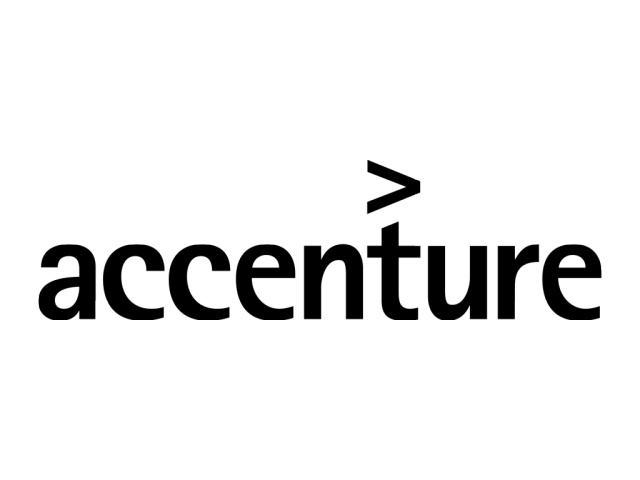By Brent Cairns, HR Senior Manager at Accenture in Africa
Human Resource professionals today have to cope with an evolving landscape where business and employee expectations are changing at a pace matched only be the march of technology.Dealing with a changing world and ensuring that recruitment processes keep pace means mastering technical essentials and adapting to the changing nature of work, says Accenture.
In their recently released report ‘The Future of HR, Five Technology Imperatives’, Accenture emphasises that HR must acknowledge that an integrated approach is needed for effective talent management. Achieving this objective will require using analytics to power HR decision making, extending HR and talent management to the workforce, taking advantage of advanced recruiting tools and leveraging the cloud for efficiency and agility.
Although challenges may vary from business to business, talent remains key to prosperity and growth.
With talent at the top of the agenda for many executive managers, HR has a tremendous opportunity to have a significant impact on the business, emphasises David Gartside, managing director responsible for the Future of HR research programme in the Accenture Talent & HR Services practice.
Ten years of Accenture research had revealed that there were ten trends that HR executives must track and understand if they are to find and retain key talent and adapt to new business models sweeping the globe, says Gartside.
The ten trends reshaping the future of HR are:
- Tapping Skills Anywhere, Anytime: With widening skill gaps, HR will need to quickly access critical skills on demand, when and where they’re required.
- Managing Your People as a Workforce of One: HR will need to treat each employee individually, with customised HR and talent management solutions.
- The Rise of the Extended Workforce: HR’s mission and mandate will evolve to enable it to maximise the extended workforce’s strategic value.
- Digital Radically Disrupts HR: A range of technologies is transforming how people carry out their work, and how HR supports employees.
- Reconfiguring the Global Talent Landscape: HR will transform to adapt to a more global world, match talent with tasks in various locations, and support mobile workforces across geographic barriers.
- Social Media Drives the Democratisation of Work: Knowledge workers will harness social media to collaborate, radically disrupting organisational structures, hierarchies, and job titles.
- Talent Management Meets the Science of Human Behaviour: Scientific insights and analytics will provide HR with new tools to drive workforce performance.
- HR Drives the Agile Organisation: HR will play a critical role in enabling companies to adapt to changing business conditions.
- HR Must Navigate Risk and Privacy in a More Complex World: HR will need to adopt risk-management strategies covering everything from confidential data to the turnover of talent.
- HR Expands Its Reach to Deliver Seamless Employee Experiences: HR will evolve from a stand-alone function to one that spans disciplines and boundaries to deliver cross-functional, holistic employee experiences.
To manage these future trends, HR practitioners will have to transcend the ‘occupational’ silos that exist within HR functions. Integration of HR technology will ensure that a single platform supports a full range of HR processes and provides a unique view of the employee.
Analytics will be required to manage workforce data. Effective use of analytics can provide insights into changing skill requirements; identify the recruiting channels producing the best candidates; identify high-potential employees; and support succession planning.
Workplace expectations are changing as younger millennial-generation employees join the workforce. Social media and mobile devices are playing an ever-larger role in everyday life and providing high levels of convenience. Millennials expect the same at work and will rate a potential employer on the technology used in the workplace. By leveraging this trend, HR can use technologies to make HR tools more accessible and attractive.
Technology is reshaping the talent marketplace by changing recruiting. Vast amounts of information about talent are freely available on sites such as Facebook and LinkedIn. Thus, a company and its competitors are likely to be looking at the same potential recruits at the same time.
Technology also lets HR automate the end-to-end tracking of the recruiting process. This can provide more consistent information and reduce the manual effort for recruiters.
Cloud computing has evolved to become a mainstream business technology. Cloud-based solutions mean that HR can purchase software as a service (SaaS), rather than run and maintain it in-house. This approach began finding its way into HR as organisations, looking for broader functionality to keep up with their changing needs, adopted niche cloud-based applications to address specific areas such as performance management.
Finally, the cloud brings changes to the role of HR executives themselves. With the shift away from capital expenditures and toward SaaS, at least a portion of the purchasing decisions shifts away from IT and to HR.
Overall, HR needs to do more than adjust to these emerging realities—it needs to transform itself. In the end, Accenture reports that the trends it has identified “will demand a very different set of HR and talent management practices better suited to a highly volatile, global, and knowledge- and information-oriented age.”





